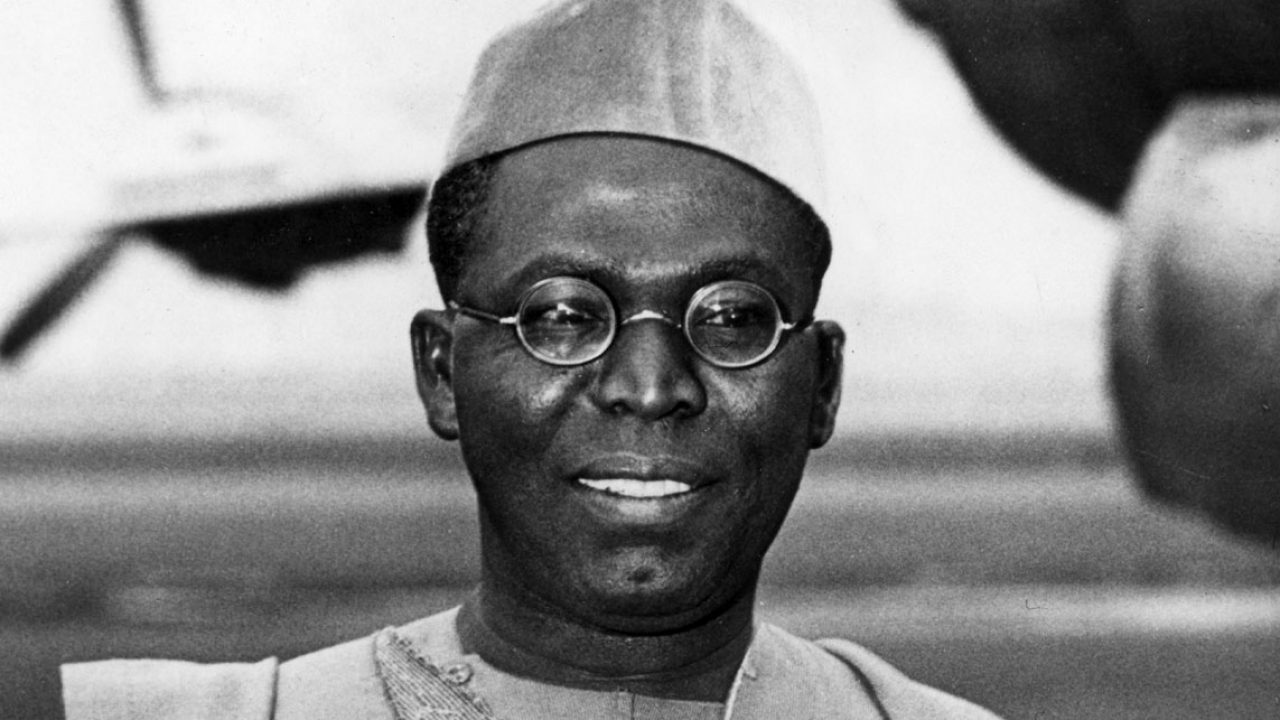Leadership changes in Nigeria’s power sector rarely attract optimism. The country’s electricity market remains under-reformed, its distribution companies squeezed between rising costs and public distrust. Yet the confirmation of Rekhiat Momoh as Chief Executive Officer of Eko Electricity Distribution Company (Eko DisCo) in November 2025 was received less as a formality and more as recognition of an unusual constant: measurable improvement.
Mrs Momoh had served as Acting CEO since March 2024. During that period Eko DisCo’s Aggregated Technical, Commercial and Collection (ATC&C) losses fell from 30.87 percent in February 2024 to 10.51 percent a month later. Revenue performance rose in parallel. The firm billed ₦15.8 billion and collected ₦15.7 billion that March, a 99 percent efficiency rate that later reached 100 percent on ₦38.7 billion by April 2025.
Those figures, verified across multiple quarters, altered the company’s liquidity profile and strengthened its reputation with regulators and lenders. In an industry where cash recovery typically lags far behind billing, Eko DisCo became an exception.
“The confirmation reflects our confidence in the consistency of results delivered under Mrs. Momoh’s leadership,” said Mr. Oritsedere Otubu, Chairman of Eko DisCo’s Board. “She has demonstrated a disciplined approach to governance, operational planning, and market engagement. This continuity supports our broader goal of building a financially sustainable and service-focused distribution business..”
Born in 1967 in Edo State, Mrs Momoh represents a generation that has lived through each institutional phase of Nigeria’s power industry, from the National Electric Power Authority (NEPA) of the 1990s, through the Power Holding Company of Nigeria (PHCN), to the present privatised utilities. She joined the system more than 25 years ago and has worked across its commercial and operational layers: District Manager in Orile, Mushin, and Apapa; General Manager (Commercial); Chief Commercial Officer; and Head of Revenue Recovery and Collection.
That exposure gave her fluency in the metrics that still define performance in the post-privatisation era: energy received, losses incurred, cash recovered. Between 2017 and 2024 she directed initiatives that reduced Eko DisCo’s ATC&C losses from 32.78 percent to 22 percent, providing the base from which later gains were built.
In the short term, the efficiency surge improved liquidity. Over time, it allowed management to shift resources towards network reliability and customer service. In October 2024, the company introduced an All-in-One Customer Experience platform, combining billing, payments, and service requests in one digital interface. Complaint data collected afterwards indicated faster resolution and lower transaction disputes. The system later won Best Customer Care (Electricity Distribution) at the West Africa Innovation Awards.
The improved governance of cash flow also positioned Eko DisCo to support its newly formed subsidiary, Excel Electricity Distribution Limited, aimed at piloting distribution innovations across Lagos and parts of Ogun State. Investors and regulators have cited Eko’s consistency as evidence that performance-linked management can be achieved in Nigeria’s complex power environment.
External recognition followed. Mrs Momoh was named Energy Times Power Sector CEO of the Year and listed among Nigeria’s Top 50 Best-Performing CEOs. Such honours are often fleeting in corporate Nigeria; in her case, they reflected tangible metrics, auditable reductions in losses, steadier cash collection, and compliance improvements that met regulatory thresholds.
Colleagues describe her style as reserved and data-centred. Her responsibilities span commercial strategy, technical operations, finance, and regulatory liaison, functions she now oversees with the permanence of a confirmed mandate. The board’s decision to maintain continuity contrasts with a sector often marked by executive turnover that disrupts institutional memory.
Mrs Momoh’s academic background is commercial rather than engineering. She holds an OND and HND in Business Administration and Marketing from Auchi Polytechnic and an MBA in Marketing from Lagos State University. She is a Fellow of the Nigerian Institute of Management and the National Institute of Marketing of Nigeria, among others. This business orientation, rare in an industry dominated by technical specialists, has arguably contributed to Eko DisCo’s emphasis on financial discipline and customer interface.
Her exposure is not confined to Nigeria. She has participated in leadership programmes in Dubai, Uyo, and at international energy forums in Togo, the United States, and Cape Town. Those appearances underline an expanding role for Nigerian utility executives in regional policy dialogue about market reforms and investment models.
The confirmation carries broader implications. Nigeria’s power-distribution firms collectively suffer double-digit losses and depend on government interventions to remain solvent. Eko DisCo’s performance under Momoh suggests that internal management discipline can narrow that gap without immediate tariff revisions or new subsidies.
For policymakers, the case strengthens the argument for performance-based governance within the electricity value chain. For lenders, it improves sector credibility: predictable collections lower counterparty risk in power-purchase settlements. Analysts note that Eko DisCo’s model of data-verified accountability could inform regulatory benchmarking across the industry.
Mrs Momoh’s confirmation also reflects a quiet shift in expectations of leadership legitimacy. In an environment often shaped by political appointment, she advanced through institutional tenure and quantifiable outcomes. That distinction gives her tenure symbolic weight: competence, not connection, as a basis for continuity.
She will now oversee efforts to expand metering, reinforce distribution infrastructure, and strengthen compliance with the Nigerian Electricity Regulatory Commission’s service-quality standards. The challenges remain extensive: ageing networks, erratic generation supply, and the economics of tariffs, but the administrative stability her confirmation brings is, for once, measurable.
Eko DisCo’s recent results do not resolve Nigeria’s wider energy deficits, but they provide a working example of incremental reform. Mrs Momoh’s appointment does not promise miracles; it institutionalises evidence. In a sector long associated with rhetoric, the numbers may be the most credible statement of leadership so far.
Omoruvie Oruma is Group Head of Corporate Services for Creative Intelligence Group, a strategic communications and policy advisory firm advising public institutions on policy communications and credibility-building across governance and economic policy






